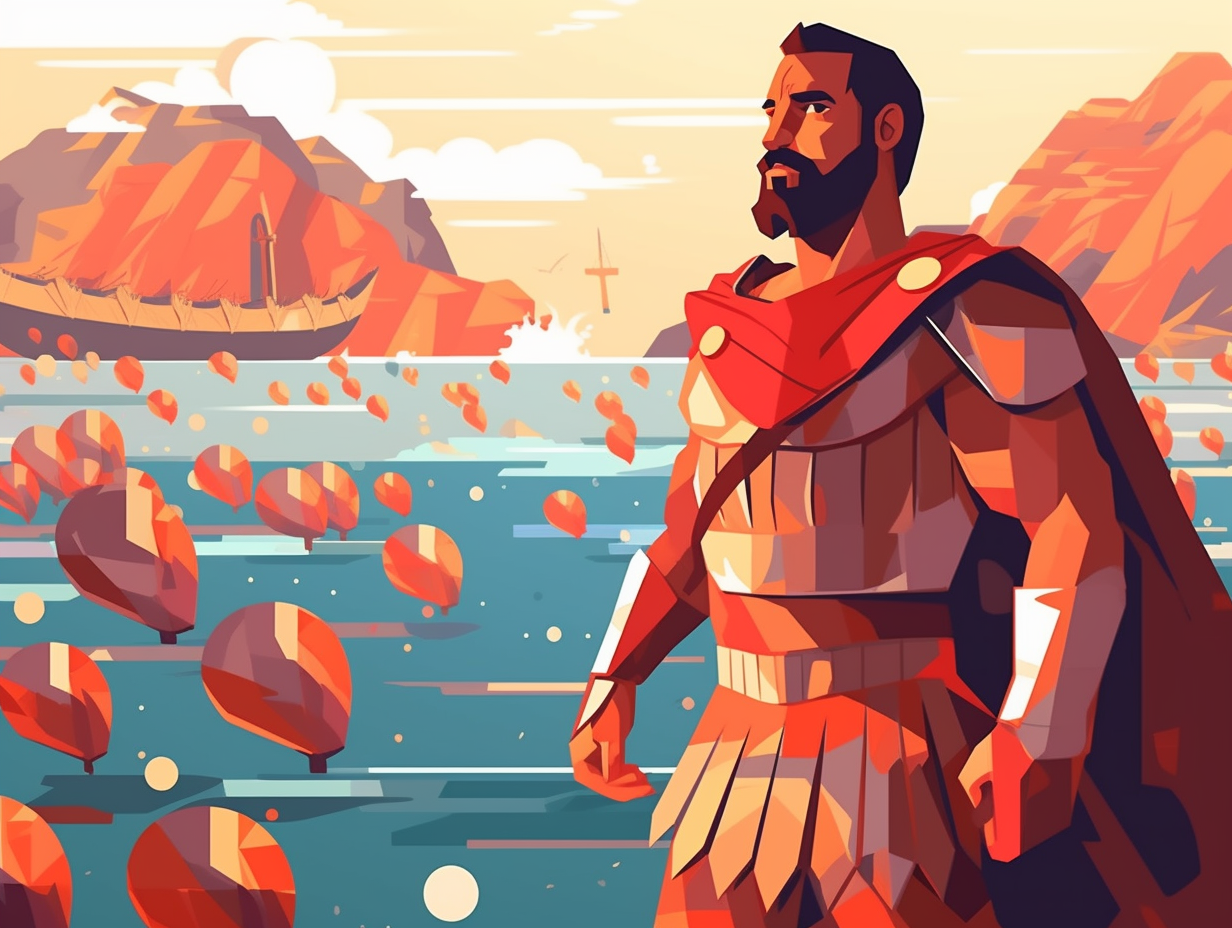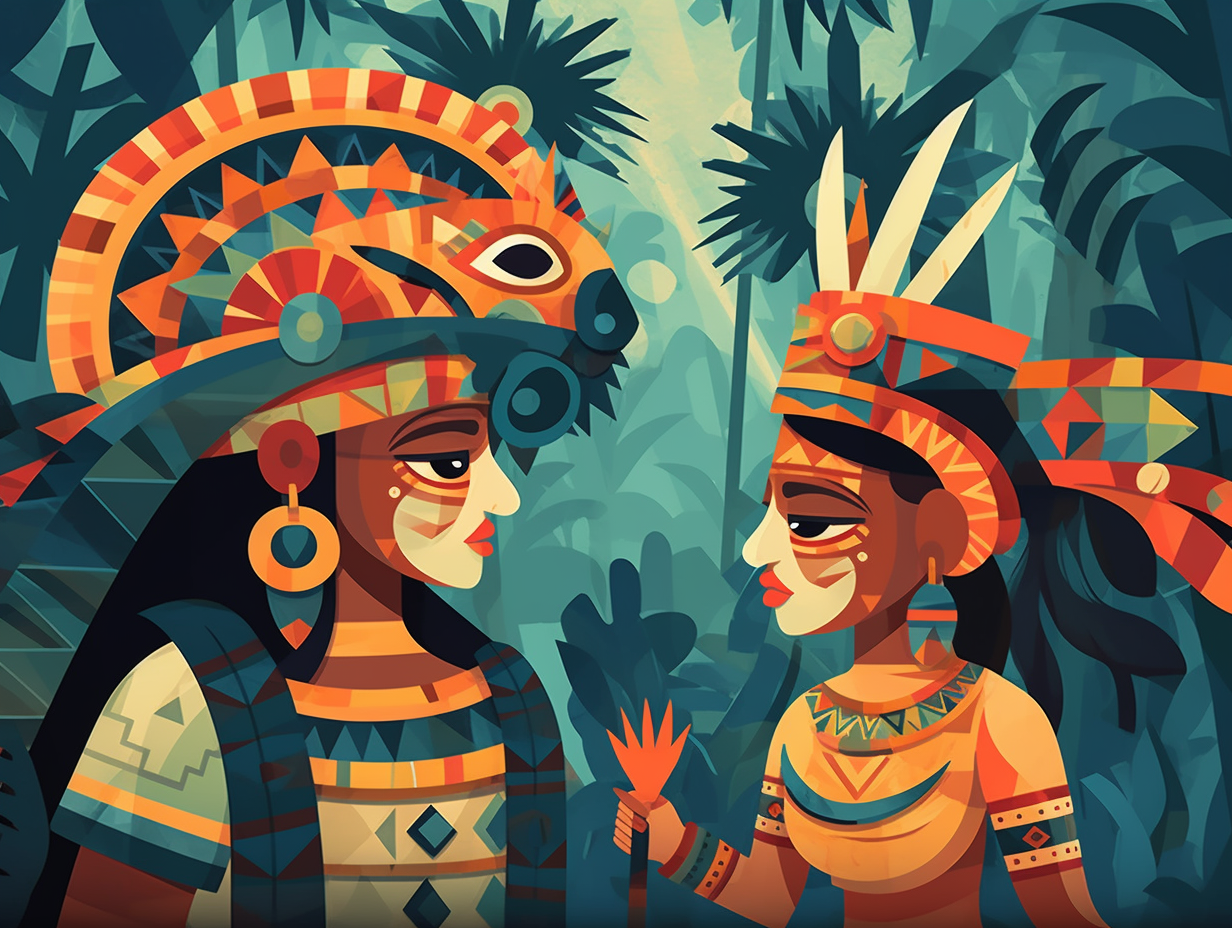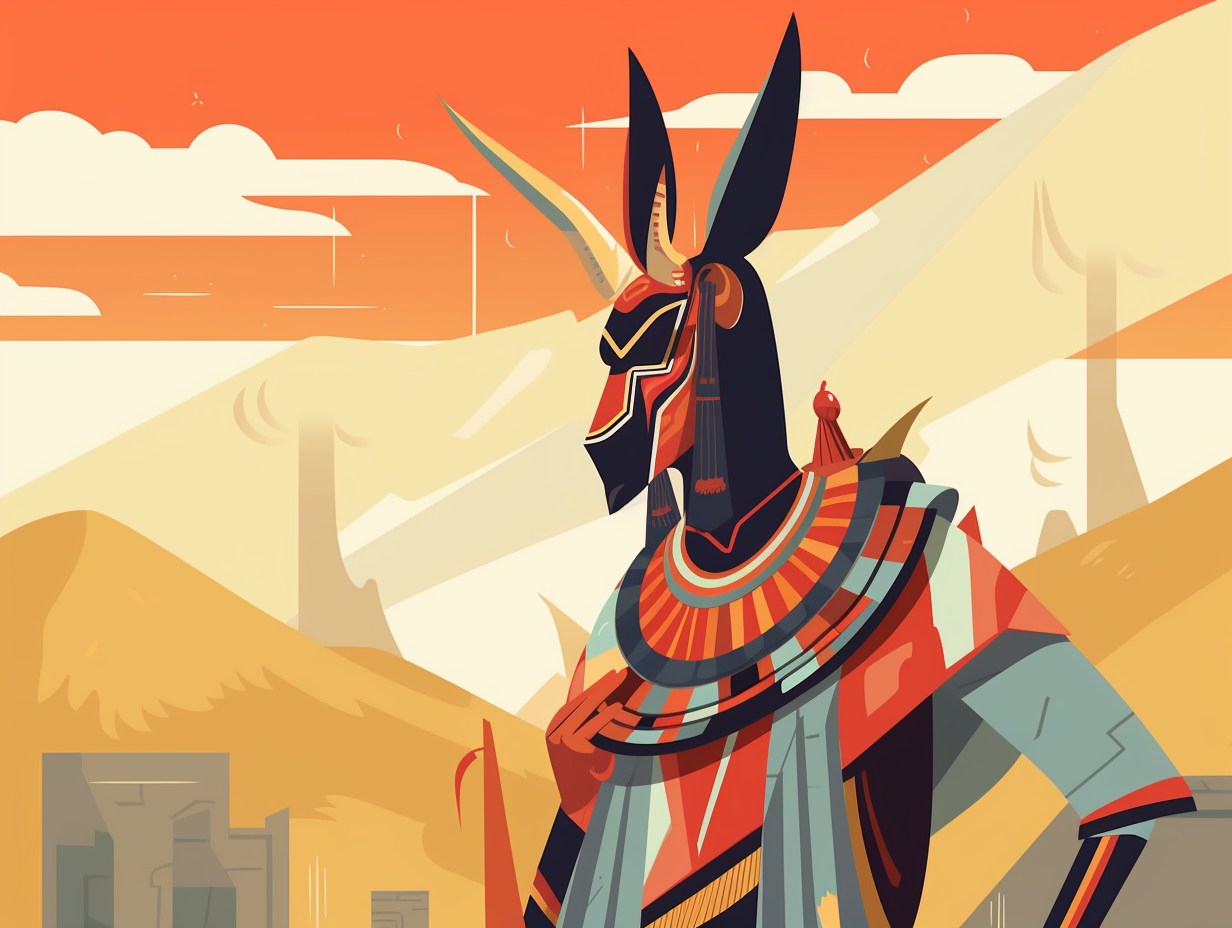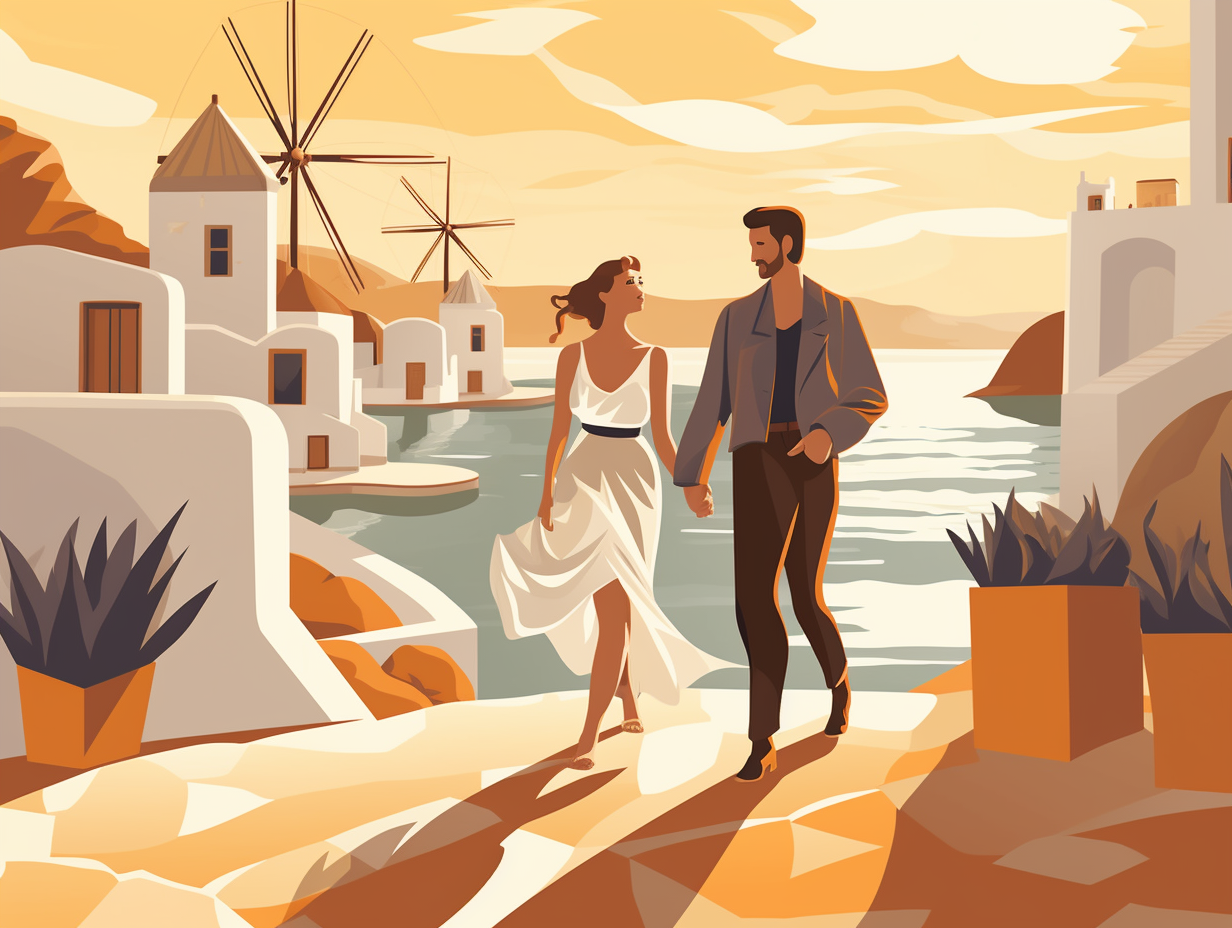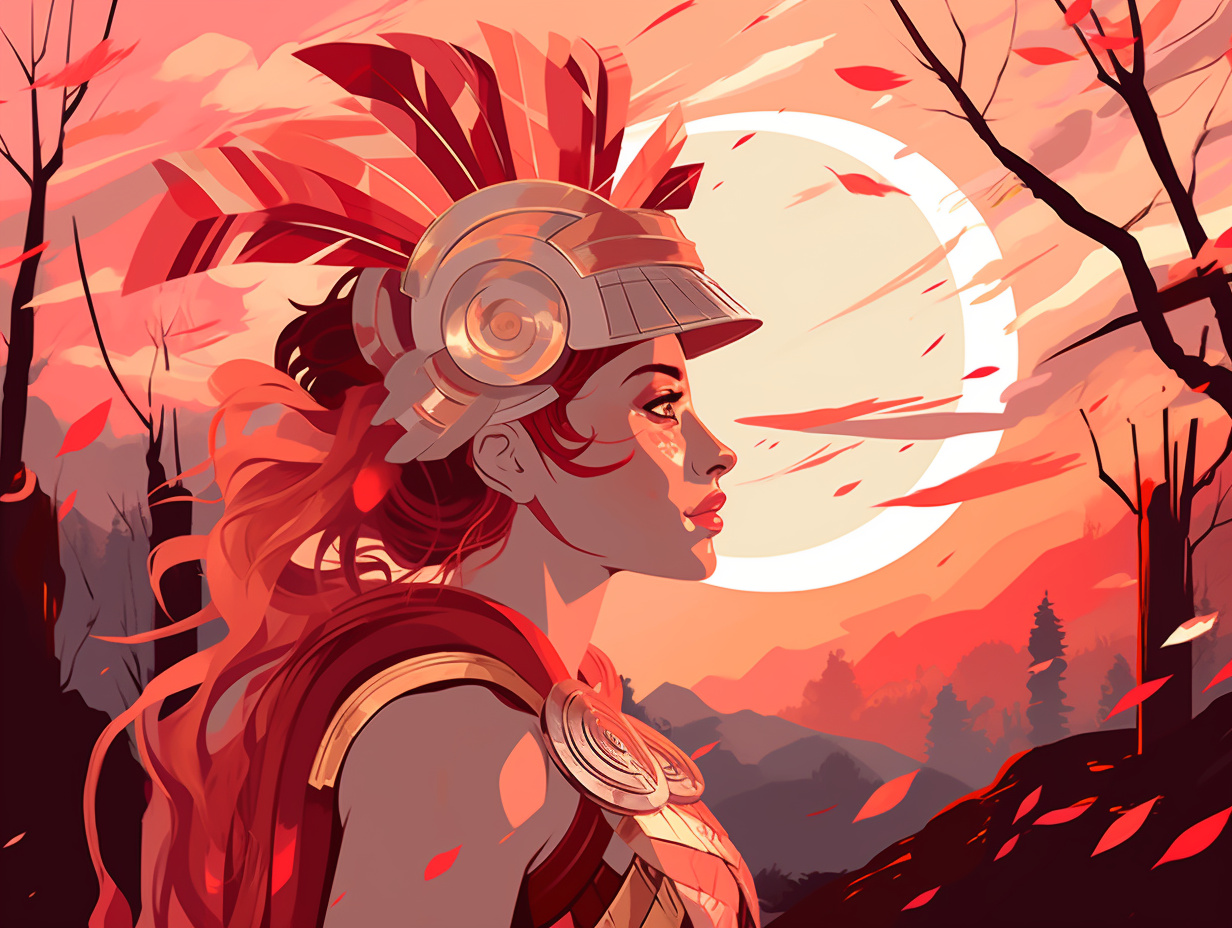Discover the Secrets: Top 12 Fun and Fascinating Facts About the Ancient Phoenicians!
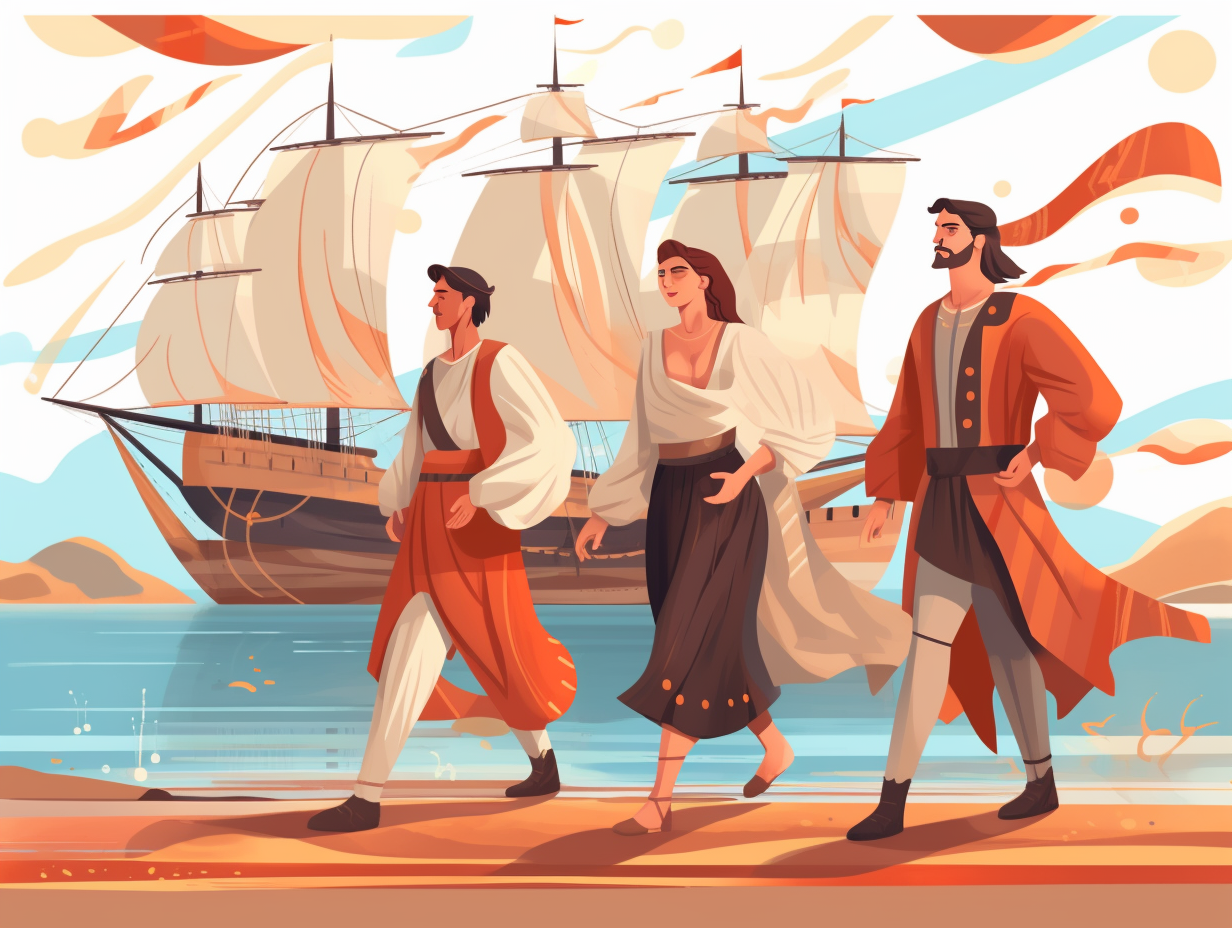
1. Hiram of Tyre: The Original Iron Man
Who needs Iron Man when you've got Hiram of Tyre: an ancient Phoenician master craftsman who not only rocked the metalworking scene but also had his hand in building the temple of Solomon in Jerusalem! Blending cultural elements like a top chef at an ancient fusion restaurant, the Phoenicians crafted some exquisite art, and to top it off, they gave us the alphabets in the West – talk about an all-rounder, ancient civilization!
Source => metmuseum.org
2. Snail Mucus = Purple Gold
Whoever said laughter is the best medicine never met the Phoenicians and their hilariously smelly snail mucus: They were the first to manufacture Tyrian purple dye in the 16th century BCE using the mucus of predatory sea snails, requiring thousands of them just to produce one ounce of dye, and costing around half a Roman soldier's annual salary for just one pound of it during the 1st century CE.
Source => exhibitions.kelsey.lsa.umich.edu

Discover how ancient Chinese fortune-tellers may have predicted the rise of GPS and Google Maps with their invention of the compass in the Han dynasty! A tool that changed the course of history. 🧭🌏
=> Fun Facts about Ancient-China
3. Phoenician: The Maritime Lingo
Ahoy, maritime moguls of the ancient world! Set sail with the Phoenicians, those Iron Age entrepreneurs who probably taught Uncle Scrooge a thing or two about making money: Did you know that their language was the hot-ticket lingo spoken in the coastal cities of Tyre and Sidon, and served as the Mediterranean's maritime dialect? But hold your seahorses, while their alphabet influenced the Greek and Latin scripts, it wasn't the divine blueprint for our modern ABCs.
Source => en.wikipedia.org
4. High Seas = High Profit
When the Phoenicians took to the high seas, they weren't just "cruisin' for a bruisin'" or searching for a fantastic tan: this ancient maritime powerhouse was busy voyaging as far as Britain, following the tin can and establishing colonies and trading posts throughout the Mediterranean and beyond.
Source => metmuseum.org
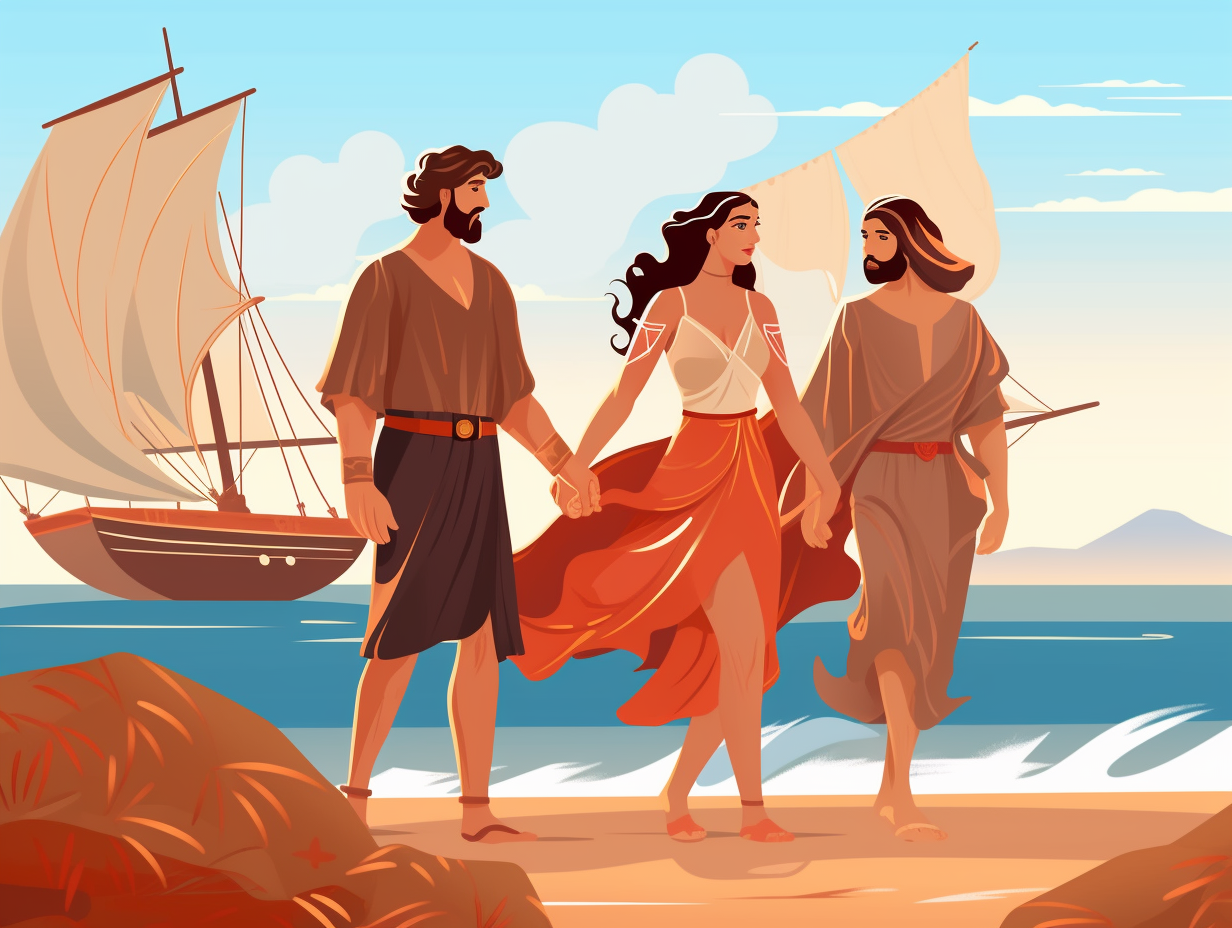
5. Phoenicians: The Ancient Mapmakers
"Who needs Google Maps when you've got Phoenician Seafarers?" These ancient Mediterraneans were mapping their way past the Strait of Gibraltar long before Siri could offer to reroute: The Phoenician mastery of maritime trade, exploration, and geography led them to venture into the Atlantic Ocean, and their talents in glassmaking, rare dye production, and development of the alphabet made them the cultural influencers in ancient Mediterranean societies.
Source => exploration.marinersmuseum.org
6. OG Shipbuilders & Trading Kings
Ahoy, ancient maritime moguls! Meet the Phoenicians, the OG shipbuilders ready to navigate the seven seas (or at least the Mediterranean and Red Sea) in their chunky, single-sail cargo ships, making trade look as easy as a coastal breeze: This ancient civilization was renowned for their shipbuilding prowess and extensive trade routes, dominating the high seas and land across Western Asia with their vast network of way-stations, trading posts, and colonies, ultimately rocked on as one of history's greatest trading powers with shoutouts in works by Homer, Herodotus, and Mesopotamian reliefs.
Source => worldhistory.org
7. Irrigation Envy & Carthaginian Green Thumbs
Move over, ancient hipsters with your artisanal wines and olive oil: the Phoenicians were perfecting their green thumbs way back in their Carthage days. Not only did they expertly cultivate fruit trees, grapes, and olives, but their advanced irrigation systems were the envy of the Mediterranean, as documented by Mago of Carthage himself. Their city boasted impressive harbors with 220 docks and a navy that plied the seas for maritime trade, making Carthage a formidable force in their time.
Source => worldhistory.org
8. Phoenician Amazon Prime for Trade
Who knew the Phoenicians were the Amazon Prime of their time, shuttling everything from fancy glassware to fragrant spices along the Mediterranean coast faster than you can say "one-day shipping"? Well, trusty historians, that's who: The Phoenicians were trading masters, exchanging textiles, wood, metals, and more with civilizations from Mesopotamia to the shores of the British Isles – although, their ships did prefer the coastal scenery to venturing out into the open ocean.
Source => worldhistory.org
9. Purple Dye: Worth More than Gold
Legend has it that Phoenician snails could be aquatic Willy Wonkas, competing with gold and silver to churn out rich, purple sartorial delicacies for the swankiest of ancient soirees: In reality, the process of making their signature purple dye was a laborious and pricey affair, requiring tens of thousands of sea snails and establishing its iconic royal status within Phoenician culture, often being worth more than gold or silver.
Source => thiscityknows.com

10. Greeks Stole the Alphabet, Remix Edition
Who knew ancient Greeks were alphabet kleptomaniacs, swiping their ABCs from the Phoenicians - the granddaddies of alphabetical order! Well, they didn't exactly copy-paste, more like remixed and adapted: In the 8th century BC, the Greeks adopted the Phoenician alphabet, modified it to represent Greek vowels, and crafted it to suit their language, leading to the early Greek alphabet we know today. Talk about a linguistic makeover!
Source => en.wikipedia.org
11. Phoenician Artistic Buffet
Who needs Aquaman when you have the Phoenicians? These ancient traders sailed the seas, forged connections, and turned the Mediterranean into their very own artisanal playground: Famed for their skilled craftsmanship in metalworking, textile production, and woodworking, these savvy seafarers created an alphabetic writing system that laid the foundation for the Western world. Just like a Mediterranean buffet, Phoenician art borrows from the best – dipping into Aegean, Syrian, Cypriot, Assyrian, and Egyptian flavors to create a unique fusion of artistic styles.
Source => metmuseum.org
12. Trendsetting Mediterranean Foodies
If the Phoenicians were around today, they'd surely be nabbing top spots on reality cooking shows and influencing Mediterranean foodies: These ancient traders were culinary trendsetters, introducing wheat, leguminous plants, fruits, and salted products to the region. Their fondness for bread even had a lasting impact on North African cuisine, and they relished in porridges like "puls punica" while turning the Mediterranean into a mecca for olives, grapes, and a smorgasbord of fish dishes.
Source => cairn.info
Related Fun Facts





